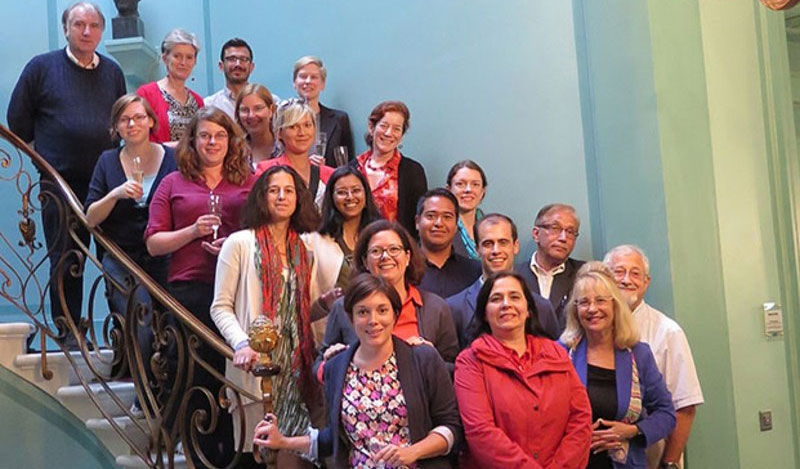/ Events
A Short Review: Conference on Agriculture, Nutrition, and Development

The conference "Revisiting the Historical Connections between Agriculture, Nutrition, and Development: The United Nations Food and Agriculture Organization (FAO) in a Global Context" was held at the University of Basel from August 29 to 30, 2014.
The conference at the Institute for European Global Studies aimed to put FAO’s activities into perspective by examining how the organization facilitated, shaped and obstructed local, regional, national and global policies of economic and social 'development' in rural areas. The event brought together over twenty scholars from nine countries to better illuminate the interconnections between questions of nutrition, agriculture and poverty that were such a central aspect of international governance.
The first three panels threw into relief both the institutional precursors to FAO – most notably the International Institute of Agriculture in Rome – as well as the conceptual continuities between interwar and postwar years: a concern for global governance of markets, of information sharing and standardization. Prof. Dr. Madeleine Herren’s keynote address provided a timely reminder that not only liberal internationalism was at work during the interwar years. Fascist internationalism undermined a number of agrarian organizations during the interwar period. Moreover, influential leaders resurfaced and continued their careers after World War II. Perhaps the fact that FAO's headquarters are nowadays located in the building that Mussolini had constructed to house the Ministry of Colonies is not the only connection to fascism…
On the second day of the conference, case studies of individual actors, development projects on regional as well as national scales demonstrated how important it is to pay close attention to the interactions of the context of FAO’s engagement: not only the agenda of national governments, professional groups, or local communities played a crucial role, but also FAO’s insertion into a diverse web of development and nutrition organizations. The participants were also encouraged to consider the environmental constraints as well as the impact of private sector interests on the organization.
Three guests who had worked at and with FAO for many years provided their thought-provoking as well as entertaining personal assessments of the organization. Hopefully this can be viewed as the beginning of a fruitful exchange between the "practitioners" and the historians.
The conference "Revisiting the Historical Connections between Agriculture, Nutrition and Development: The United Nations Food and Agriculture Organization (FAO) in a Global Context" was organized by Prof. Ph.D. Corinne A. Pernet, SNSF professor at the Institute for European Global Studies, and Dr. Amalia Ribi-Forclaz, Research Fellow for International History at the Graduate Institute Geneva.
A more extensive report on the conference is forthcoming.
